BC Assessments & Property Taxes – BBOT ISSUE ALERT
Many businesses are facing very high property tax bills because BC Assessment is basing their property’s value on the “highest and best use”– not on what the land is currently used for but on its future redevelopment potential.
As a result, some businesses (whether property owners themselves or through triple-net leases) have faced soaring property tax bills simply because the property they are located on has quickly increased in value. This process of property assessment has created a scenario where businesses are faced with significantly higher property tax bills despite there being no change in the current business use or redevelopment to the property, sometimes to the point of the taxes being too onerous and cost-prohibitive to continue
The Burnaby Board of Trade (BBOT) is proposing several solutions to both the provincial and local governments to change how property values are assessed in BC and to address spikes in property taxes facing some local businesses. Click here to read our policy paper on this issue, or read about our solutions below. Plus, read BBOT President & CEO Paul Holden’s business column on this issue in the Burnaby Now, and watch GlobalBC News’ story on the impact of property assessments on local businesses, featuring the BBOT.
If you have any comments or questions about this issue, or have received a skyrocketing assessment, please let us know by contact Cory Redekop at cory@bbot.ca!
Our solutions:
- Split Assessments
Having the provincial government amend the BC Assessment Act to require split assessments of business and industrial properties would allow them to then be taxed at different rates for the current and future uses.
With this solution, a business would be taxed at the higher commercial tax rate only for the value of the current use of the property, and the portion representing the future development potential would be taxed at the much lower residential tax rate. This would result in immediate and meaningful tax relief for businesses and help mitigate the impact of property taxes on the viability of many businesses.
- ‘Highest and Best Use’ Exemption for Long-Standing Businesses
Modeled on a similar exemption already offered to homeowners, a ‘highest and best use’ exemption for business should be created by the provincial government to allow businesses which have operated at their current premises for significant length of time (ex: more than 10 years) to apply to have their property valued for its current, long-standing use and taxed accordingly. This exemption should be available to both businesses which own their own buildings, and property owners who can demonstrate that their leaseholders meet the “long-standing” requirements.
- Land Assessment Averaging
An immediate solution which the City of Burnaby could implement would be to average the value of a property over several years before applying the property tax mill rate. By averaging a property’s value over 3 or 5 years, the increases in taxes due would be more gradual, instead of the sudden, significant increases some businesses see now.
More gradual increases in taxes would not only provide relief to current businesses facing significant tax increases, it would allow businesses to better plan for their future tax obligations over the long-term.
- Business Property Tax Deferral Program
A deferral program could be created by either the provincial government or the City of Burnaby to allow a one-time window (5-7 years) in which property tax could be deferred. After this time the property taxes, both current and deferred, would be repaid.
The goal of this program would be to help businesses which own their own property to bridge the time until their property can be redeveloped. Tasks such as finding a new location, securing a buyer, or initiating rezoning and development plans with municipal governments can take several years, and the deferral program would allow the business to survive over that time by making the tax bill payable only when they actually realize the gains in the property value through either sale or redevelopment.




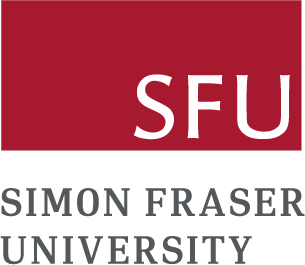
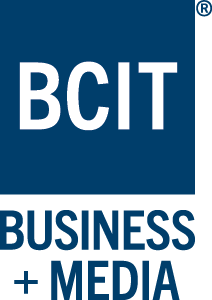







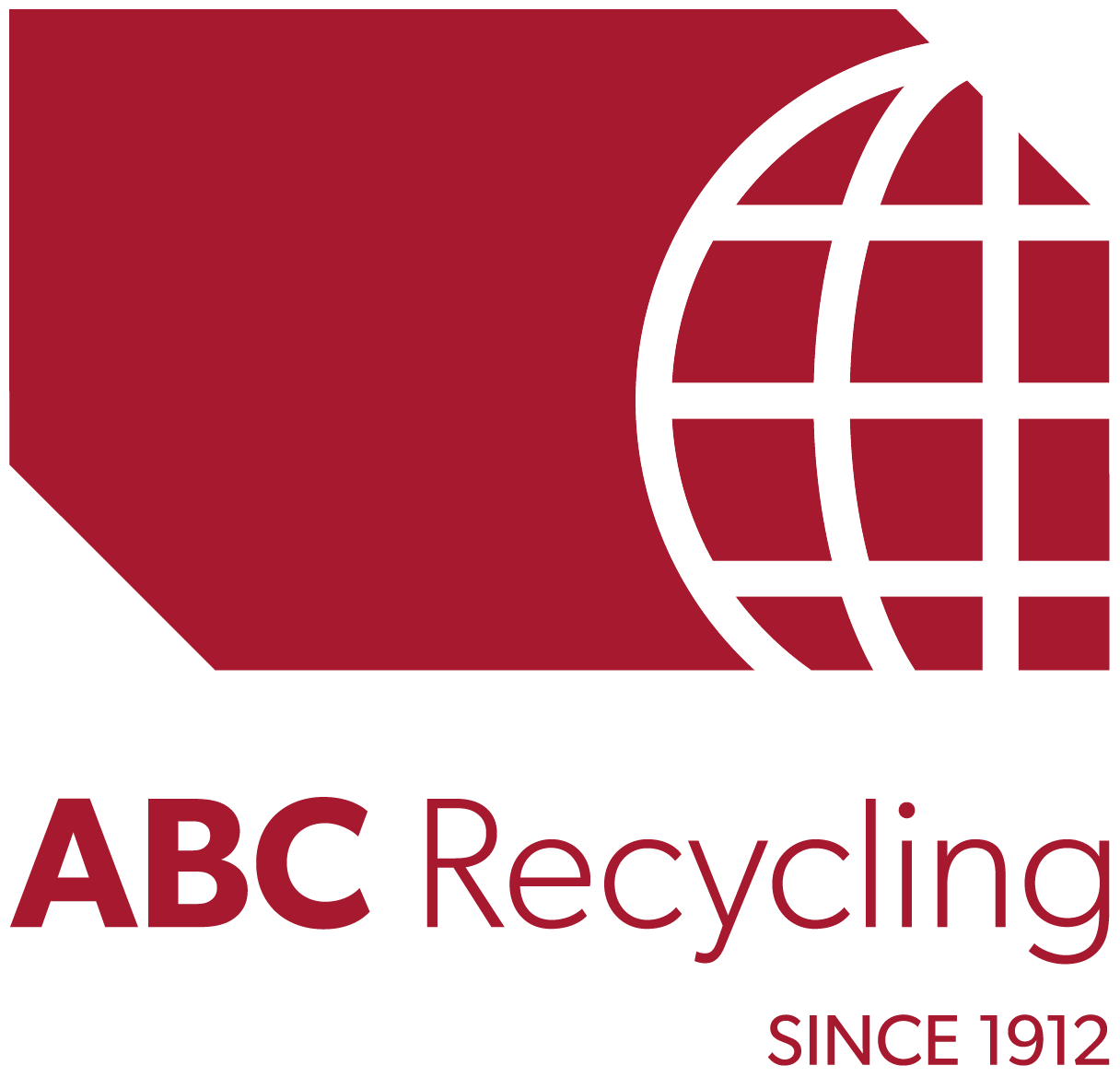
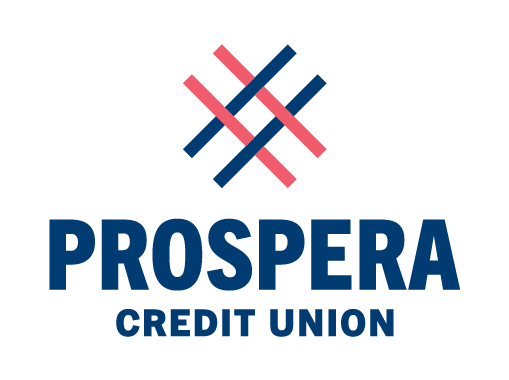
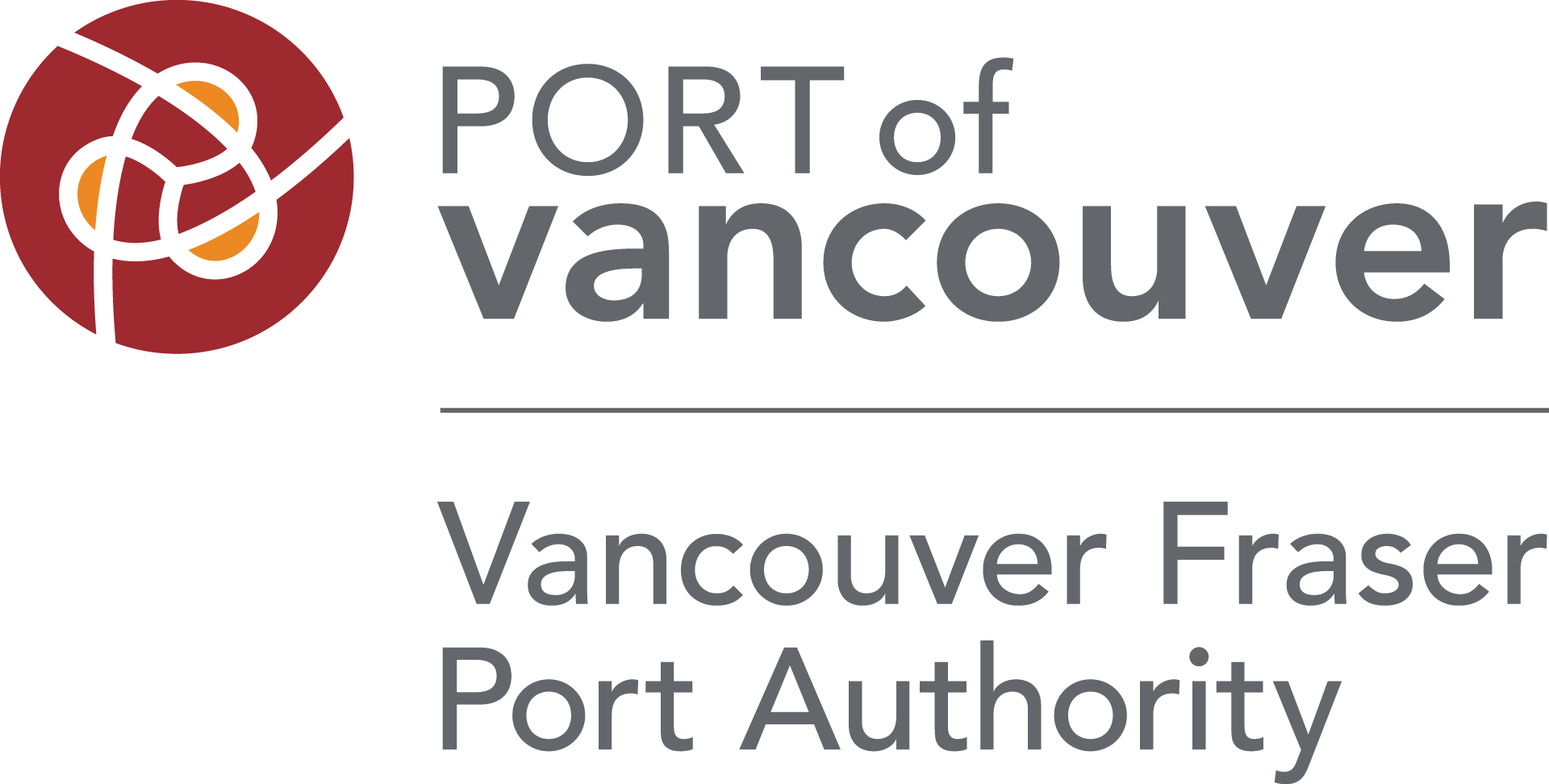
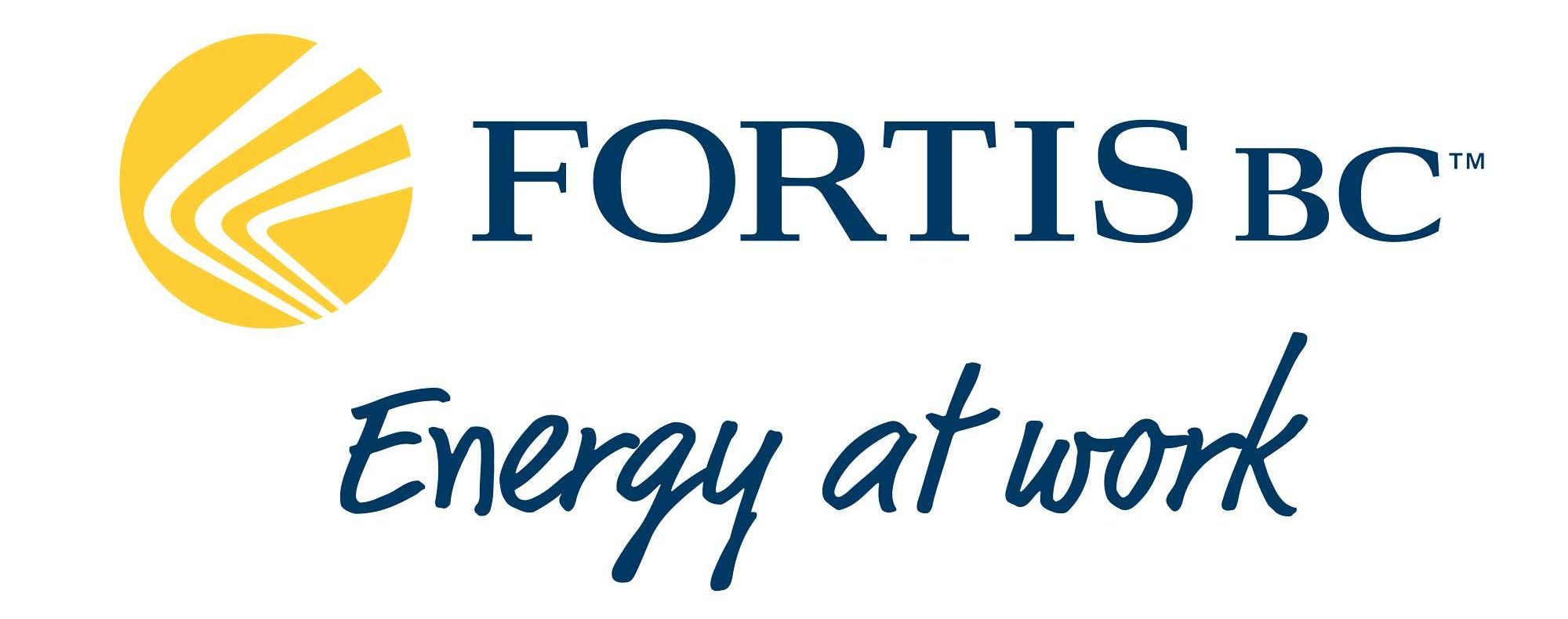
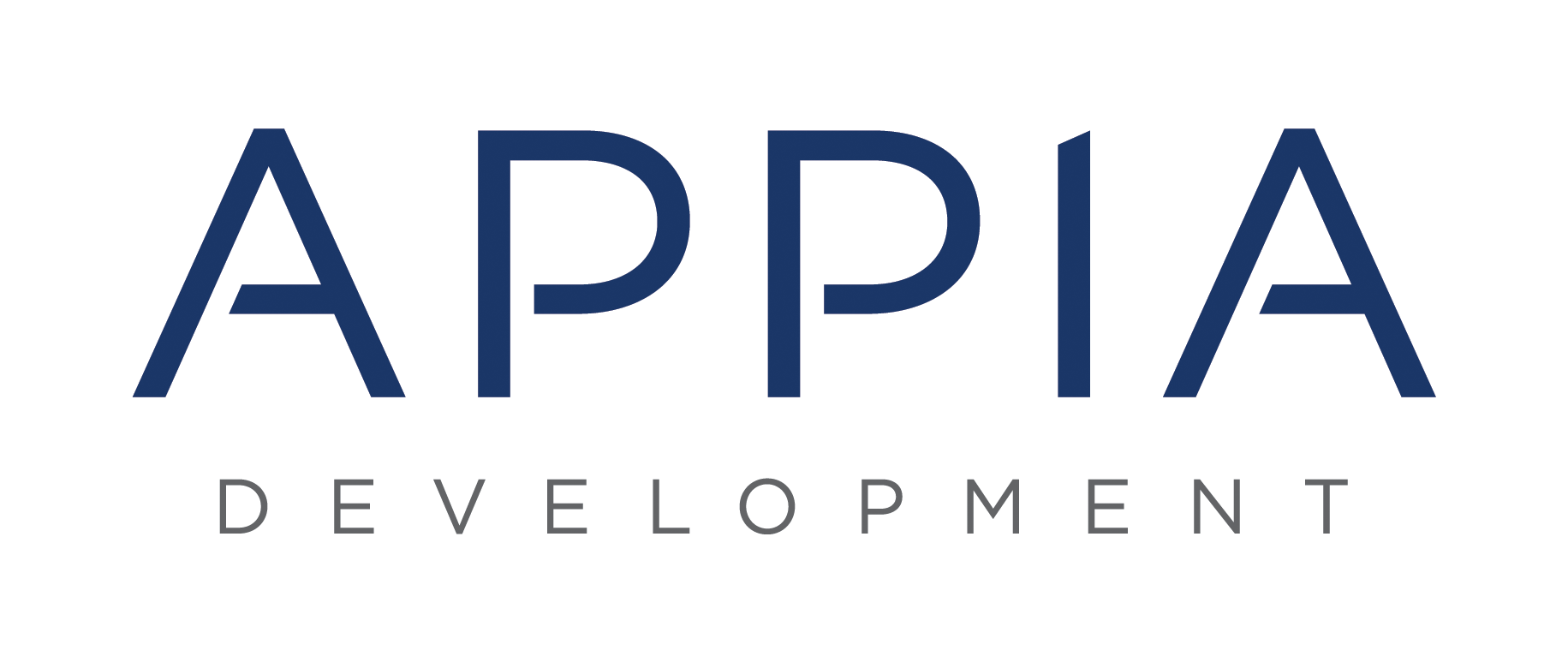
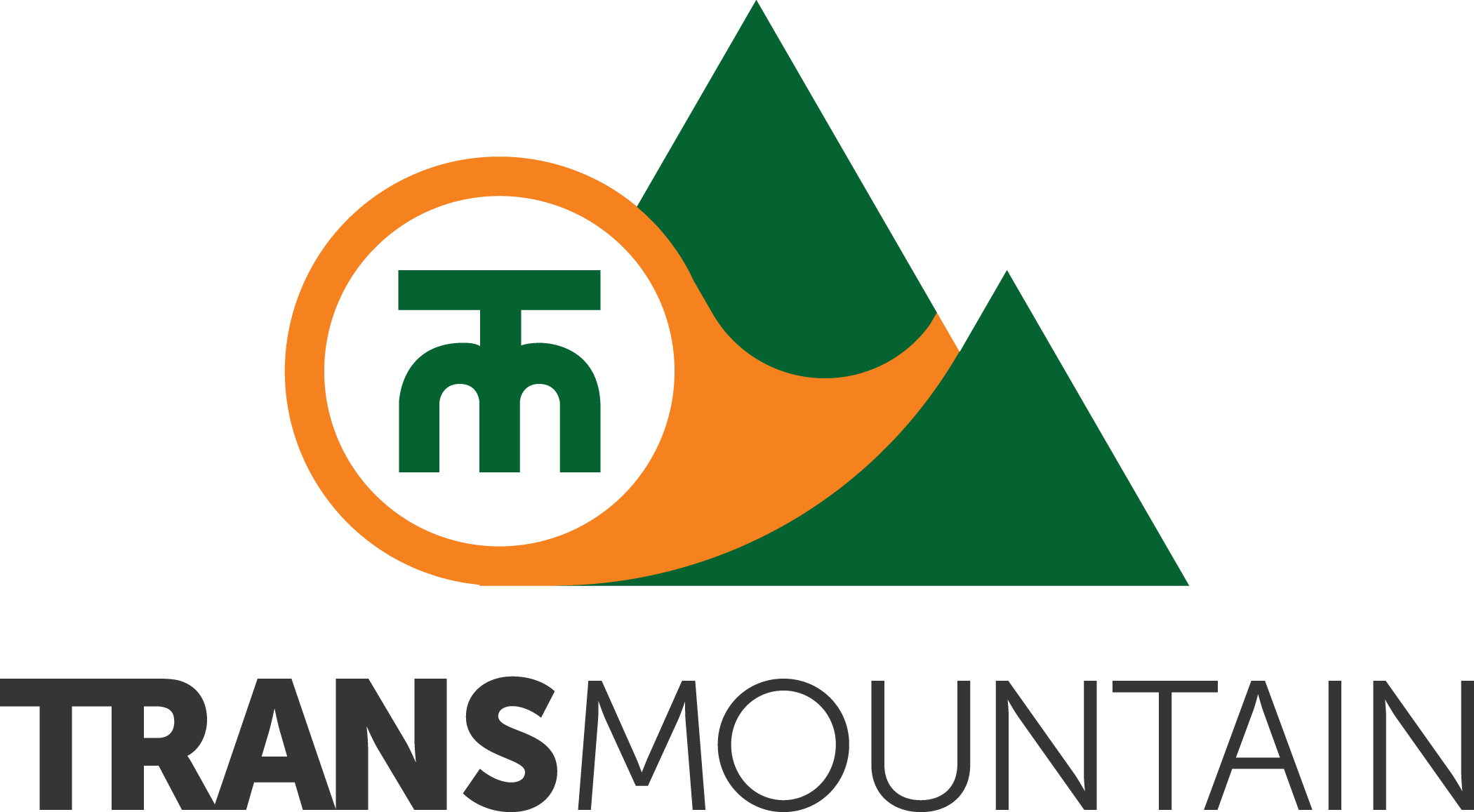

connect with us